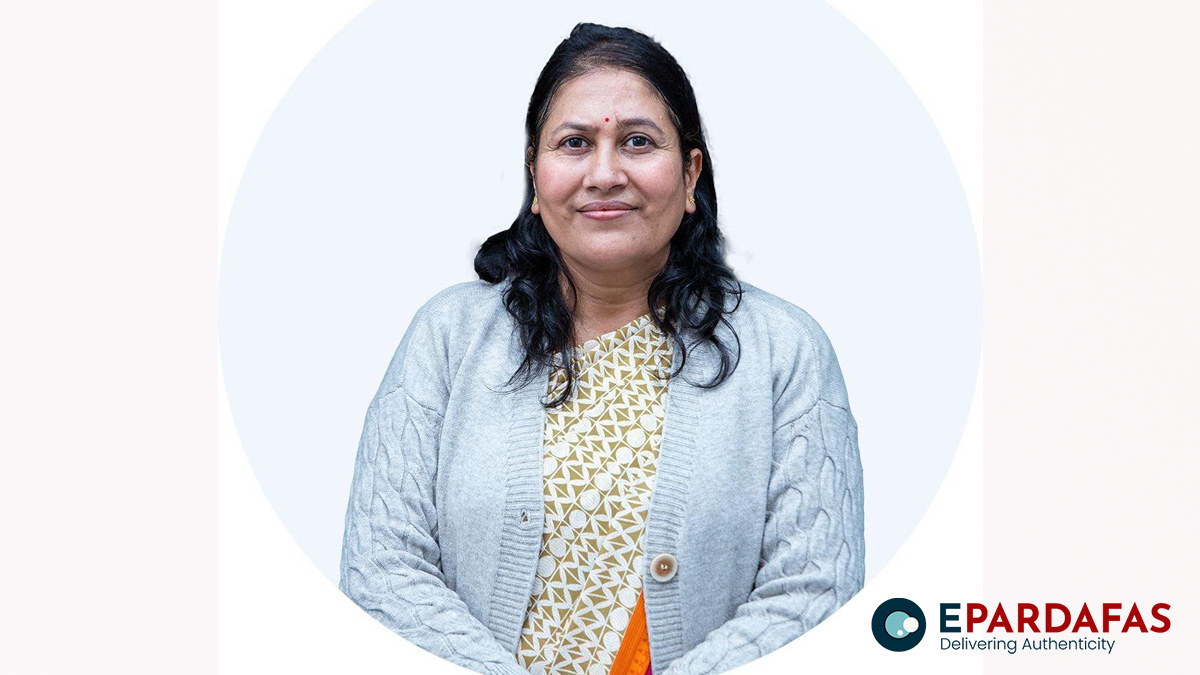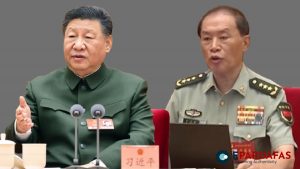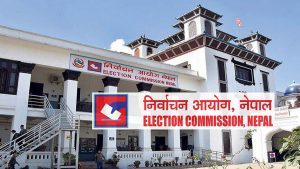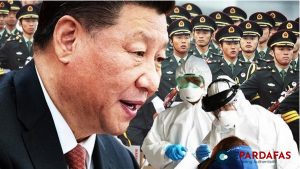
Educator Turned Lawmaker Bidhya Bhattarai Stresses Legislative Awareness
Bidhya Bhattarai’s journey to the federal parliament was serendipitous. Her foray into direct politics, leaving her career as a Triubhunvan University (TU) teacher, was unplanned. Life had distinct plans for her, and her role as a Member of the House of Representatives (HoR) was propelled by unique circumstances.
Prior to the tragic passing of her spouse, Rabindra Adhikari, the then Minister for Culture, Tourism, and Civil Aviation, Bidhya Bhattarai, a mother of two, was a dedicated teacher at Ratna Rajya Campus, TU.
On February 27, 2019, Minister Adhikari lost his life in a helicopter crash in Taplejung. At 49 years old, he was the CPN (UML) lawmaker representing Kaski Constituency-2 in the House of Representatives. Following his untimely demise, the party nominated Bidhya Bhattarai as the party’s candidate for the by-election from that constituency.
In the subsequent election, she secured a resounding victory with a significant margin of approximately 8,000 votes against her closest competitor. She went on to win the subsequent HoR election from the same constituency.
Bhattarai is confident that she is contributing her best as an HoR member to facilitate House business. She believes that the primary role of the House is legislative. However, she observes that essential elements such as efficiency, timeliness, and systematization are currently missing from parliamentary proceedings.
In a conversation with RSS, the lawmaker emphasized the crucial role of the government in ensuring the effectiveness of House business since it is the authorized entity responsible for allocating business to the parliament. She expressed concern about the ongoing cycle of government formation and dissolution, which has adversely impacted parliamentary proceedings.
When questioned about the implications of prolonged opposition obstruction in the House, Bhattarai, in turn, raised the issue of the government’s response to opposition voices and its approach toward them. She stressed the government’s leadership role in shaping the political culture and fostering consensus on political matters through dialogue.
Addressing concerns that lawmakers may have shifted their focus away from legislative duties toward developmental agendas, Bhattarai explained that it has been a longstanding practice and understanding that lawmakers are responsible for facilitating the development needs and agendas of the people. She believes that this perspective won’t change overnight, and it is also the duty of lawmakers to educate the public about the distinct roles of the executive and legislature.
As a member of the Education, Health, and Information Technology Committee in the House of Representatives, Bhattarai emphasized the importance of the School Education Bill-2080 BS introduced by the government. She believes it should initiate discussions on education reform and transformation. Additionally, she urged the government to take responsibility for the agreements reached with the Nepal Teachers’ Federation regarding the Bill, clarifying that it is not the House’s role to address these responsibilities.













Comments